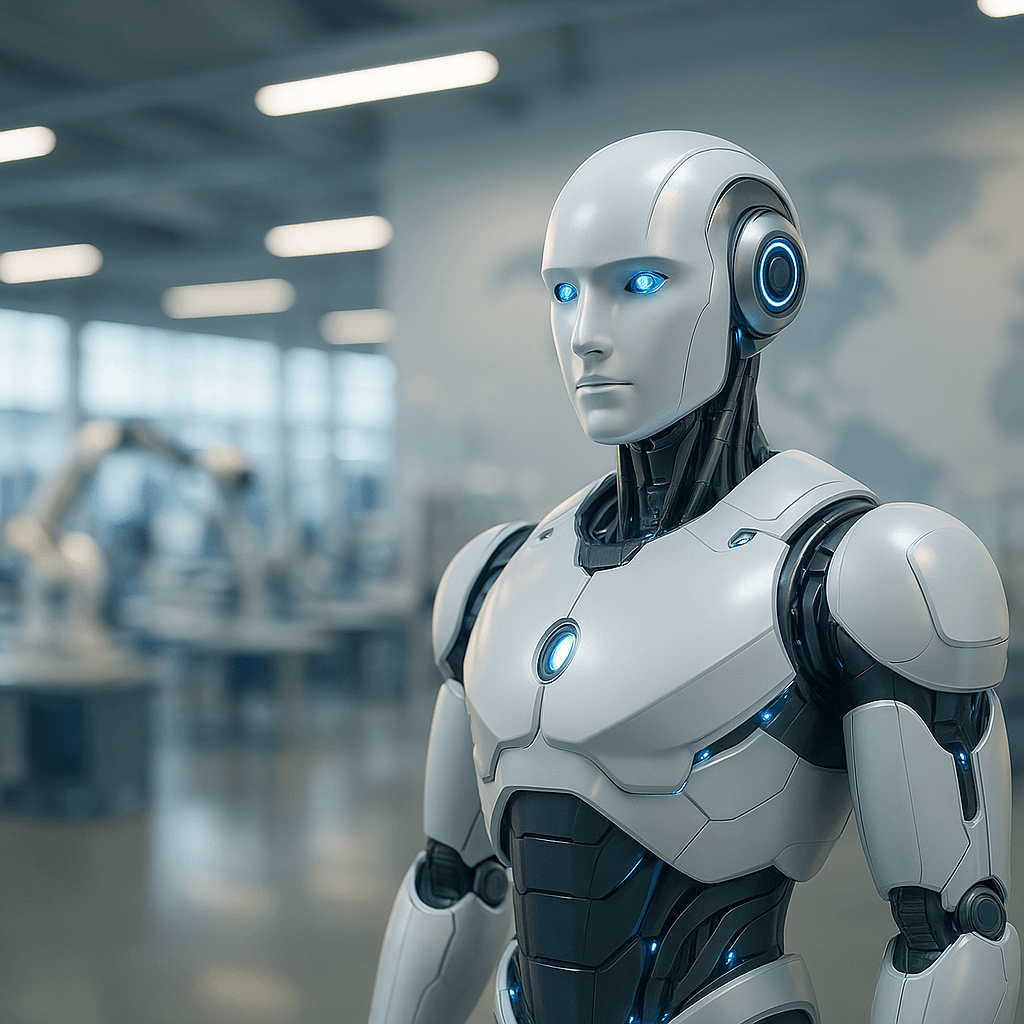The humanoid robotics industry believes it's hitting its ChatGPT breakthrough moment, with Chinese companies already deploying nearly 1,000 AI-powered robots across factories and commercial services. While Tesla targets 5,000 Optimus units this year, industry leaders claim 2025 marks the first year of mass production for human-like robots designed to transform labor processes worldwide.
The humanoid robotics industry just declared victory before the war even started. At a Singapore industry panel Thursday, Chinese robotics executives boldly claimed their 'ChatGPT moment' has finally arrived - but the reality on the ground tells a more complex story about an industry racing to prove its transformative potential.
"There is a consensus in our industry that the ChatGPT moment for humanoid robots has arrived," Xiong Youjun, general manager at Beijing Innovation Center for Humanoid Robotics, told attendees according to CNBC's coverage. The UBTech executive's declaration comes as Chinese firms push aggressively into commercial deployments while Tesla ramps up its own Optimus program.
The numbers backing up that confidence are starting to materialize. Zhao Yuli, chief strategy officer at startup Galbot, revealed his company has already deployed almost 1,000 robots across different businesses - a significant milestone that suggests the technology is moving beyond prototypes into real-world applications. Meanwhile, Elon Musk expects Tesla to produce 5,000 Optimus robots this year, with the humanoid program eventually becoming the majority of the EV maker's business.
The timing feels deliberate. Just as OpenAI's ChatGPT sparked mass adoption of generative AI in late 2022, robotics companies are betting that 2025 will be remembered as the inflection point for humanoid robots. The technology has been brewing in labs for years, but recent advances in AI-powered 'brains' combined with improved mechanical bodies are creating a perfect storm for commercialization.
China's robotics ecosystem is particularly heating up. Companies like Unitree, Galbot, Agibot and UBtech Robotics are all bringing products to market, supported by government backing and surging investor interest. The momentum was on full display at China's World Humanoid Robotics Game, where Galbot won gold in pharmaceutical sorting challenges - proving these machines can handle practical, high-stakes tasks.
But industry observers aren't buying the ChatGPT comparison just yet. "Humanoids won't arrive all at once in a ChatGPT moment, but slowly enter more and more positions as their capabilities increase," Reyk Knuhtsen, analyst at SemiAnalysis, told CNBC. His skepticism reflects broader concerns about manufacturing timelines, costs, and the complex regulatory hurdles that don't exist for software-based AI.












